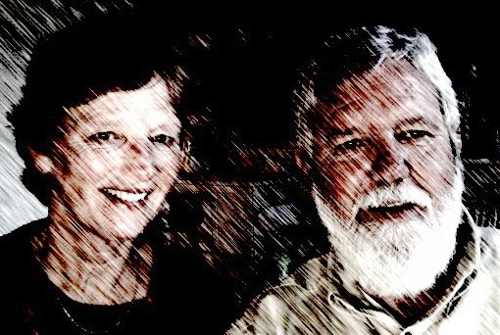- Roberta Lyons
- Posted On
Lyons: Anderson Marsh is important and needs community’s support
The recent revelation that the California State Department of Parks and Recreation (DPR) has a “secret” fund of $54 million has plunged the department into chaos and disgusted and angered state park supporters all over the state.
For good reason. The budget deficit that precipitated the proposed closure of 70 state parks, including Lake County’s Anderson Marsh State Historic Park, is $22 million.
So, where does this leave Anderson Marsh State Historic Park?
The Anderson Marsh Interpretive Assoc. (AMIA) is the nonprofit cooperating association with the park that has been working for over a year to make sure that the park does not close.
The original closure date was July 1, but that date has been delayed because AMIA is among the many nonprofits that are in the midst of negotiating an operating agreement with DPR.
AMIA has been fundraising diligently and has been able through local contributions from individuals and other nonprofits, grants from the State Park Foundation and volunteer commitments to establish funding necessary to take over some operations of the park, including opening and closing gates on the weekend, paying for utilities, sanitary facilities, insurance and trail maintenance.
The revelation of the $54 million in hidden monies will not change our efforts.
Even before the budget crisis hit, Anderson Marsh State Historic Park suffered from neglect. Our plan is to continue to negotiate our operating agreement contract which will hopefully be in place within the next few months.
Donors to our effort need to know that all of the funds donated go to AMIA and, in turn, to the park.
Also, unlike the state, apparently, we are not only happy, but are required, to show our “books” to anyone who requests it.
There is no guarantee that the $54 million will go back to state parks and, if it does, there is no guarantee that Anderson Marsh State Historic Park will see any of that money.
If, on the other hand, the state miraculously places that money in the state parks budget, and parks are taken off of the closure list, including our park, we will celebrate.
The money collected so far could go a long way in taking care of some much-needed deferred maintenance problems at the park as well as fund needed improvements.
Having been so critical of DPR on the state level, we need to emphasize that local state park rangers and our sector superintendent, Bill Salata, are very supportive of Anderson Marsh State Historic Park.
Superintendent Salata has a vision for the park and began implementing that vision when he took over the job, only to be halted by the budget crisis and threat of closure.
The important issue remains keeping the park open.
Our supporters and donors need to separate the park from the State Department of Parks.
Anderson Marsh State Historic Park is important for many reasons. It supports valuable wildlife habitat. It provides walking and hiking opportunities for hundreds of people who use the park; many local folks walk there every day.
The park has been the site of the Old Time Bluegrass Festival, which has become an important event for the South County; it is an educational facility for local schools.
The park is all of these things and could be much more but it needs the continued support of local people.
We hope that our supporters don’t give up on our local park because the state park officials at the highest level have failed so miserably.
Roberta Lyons is president of the Anderson Marsh Interpretive Association, based in Lower Lake, Calif.




 How to resolve AdBlock issue?
How to resolve AdBlock issue? 





